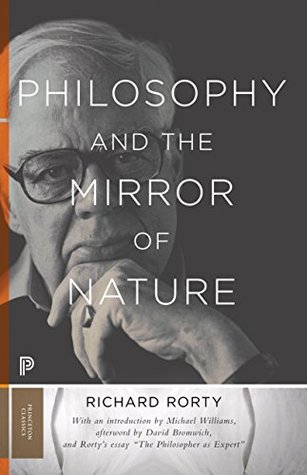For Aristotle, and still for St. Thomas, the paradigm of a substance was an individual man or frog. Detached parts of men or frogs were, like clumps of turf or pailsful of water, dubious borderline cases—they were “capable of existing separately” in one sense (spatial separation), but they did not have the functional unity or “nature” which proper substances should have. Aristotle, when worried about such cases, was wont to dismiss them as “mere potencies”—as neither accidents, like the frog’s color, nor proper actualities, like the living, leaping frog itself.36 Descartes pretends that he is
...more
This highlight has been truncated due to consecutive passage length restrictions.


